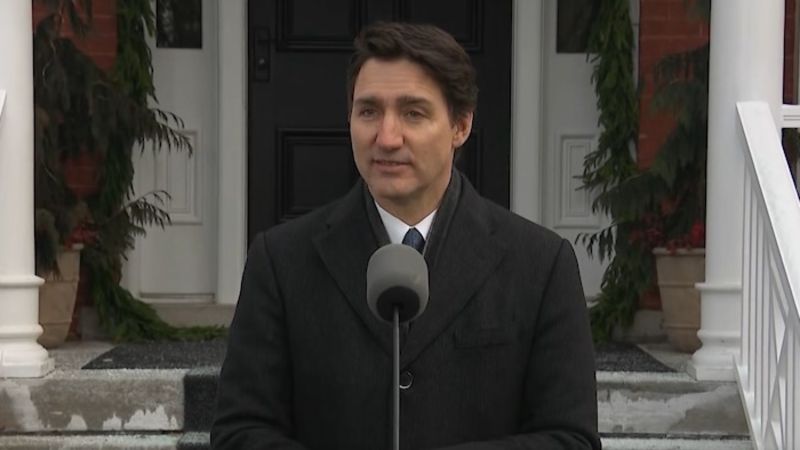
Local reaction to Trudeau decision
PRINCE GEORGE – “Over the holidays, I’ve had a chance to reflect and have had long talks with my family about our future. Throughout the course of my career, any success I have, personally, achieved has been because of their support and with their encouragement.”
And with that, Canada’s 23rd Prime Minister, Justin Trudeau, announced his resignation as Liberal Leader, triggering a leadership race. However, he will stay on until such time as a new leader is chosen.
